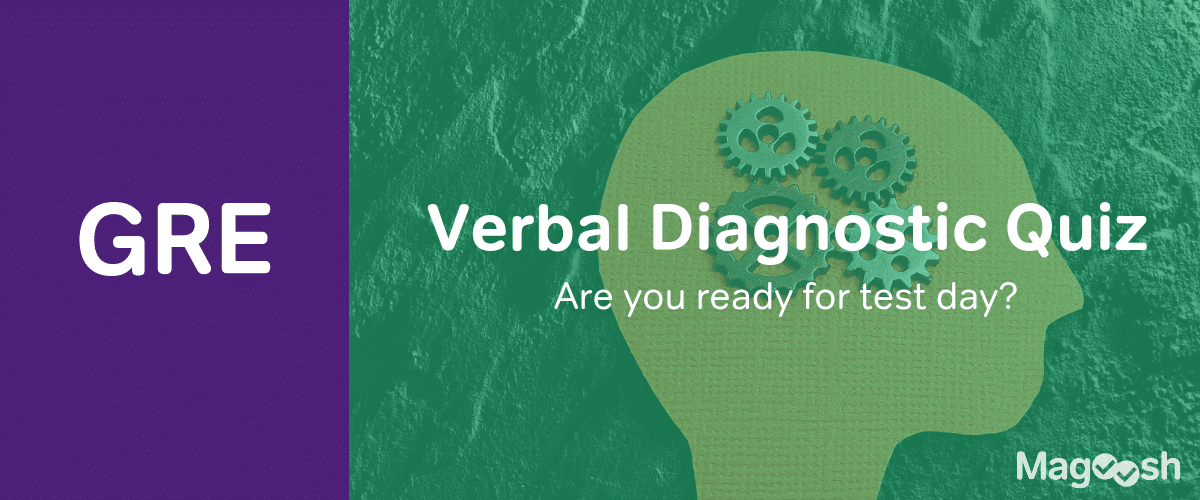On the GRE a special type of question asks you to determine the meaning of the word based on how the word is used in the context of the passage. These questions are called vocabulary-in-context questions and usually comprise a few questions per test.
The best way to solve a vocab-in-context is question is to think of your own word that works for the word in the context. Do not simply try to define the word without looking at the passage.
Below is a passage followed by a few vocabulary-in-context questions. This passage is aimed for the high scorers.
Montaigne’s pursuit of the character he called Myself—“bashful, insolent; chaste, lustful; prating, silent; laborious, delicate; knowing, ignorant”—lasted for twenty years and produced more than a thousand pages of observation and revision. When he died, he was still revising and, apparently, not at all surprised, since Myself was a protean creature, impossible to anticipate but also, being always at hand, impossible to ignore. I like to think of the essays as a kind of thriller; with Myself, the elusive prey, and Montaigne, the sleuth, locked in a battle of equals who were too close for dissimulation and too smart for satisfaction. And it may be that Montaigne did, too, because he often warned his readers that nothing he wrote about myself was likely to apply for much longer than it took the ink he used, writing it, to dry.
1. The words “prating” and “laborious,” in context, most likely mean what respectively?
(A) bold and relaxed
(B) rough and harsh
(C) awkward and talkative
(D) garrulous and quiet
(E) chatty and ponderous
Explanation:
Notice that the list of words contains opposites, “knowing, ignorant.” Therefore “prating” has to be the opposite of “silent.” (D) garrulous or (E) chatty are possible answers.
For the second word (and remember the words in the answer choices should not be opposites), we need an opposite of delicate. Therefore ‘laborious’, which means moving about with great difficulty, is the answer.
2. In context, the word “protean” most nearly means
(A) unfortunate
(B) threatening
(C) unwavering
(D) constantly changing
(E) difficult to describe
Explanation:
Unless protean was on your word list (in which case you lucked out), you will have to rely on context to figure out the meaning.
It is important to note that most of the times, vocabulary-in-context questions are easier words that have multiple definitions, and you should not assume you know the word without looking at the context.
Here we have Myself, “impossible to anticipate…elusive.” The answer that matches up best here is (D)constantly changing.
3. As used in the passage, the word “dissimulation” connotes a sense of
(A) deliberate fraud
(B) outright audacity
(C) hidden deception
(D) unfeigned delight
(E) implied criticism
Explanation:
This one is a toughie. Dissimulation is not the opposite of simulate, which means to pretend or to imitate. Anyhow, we should be basing our answer on context, not on what we think the word means.
Montaigne is trying to describe himself. Each time he comes close to doing so, his self, as it were, flits away. Yet obviously the two are “too close” for (C) hidden deception. (A) outright fraud is too obvious.






Leave a Reply